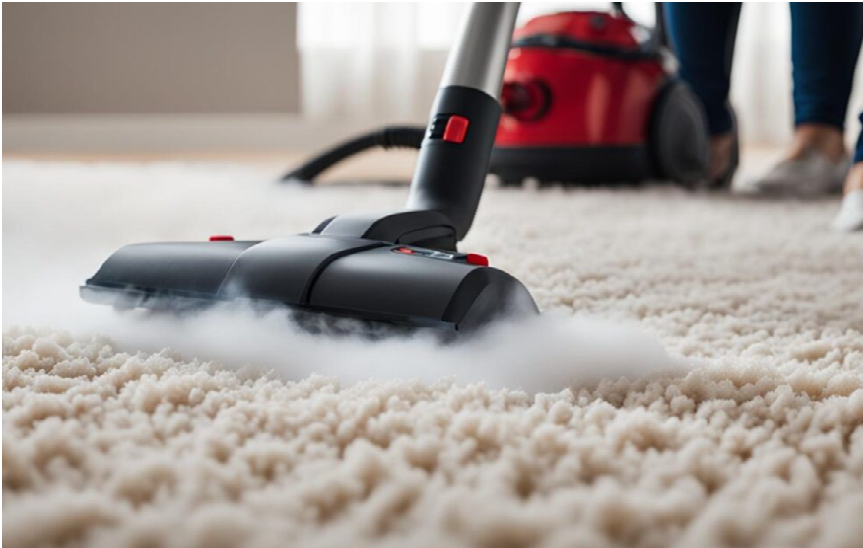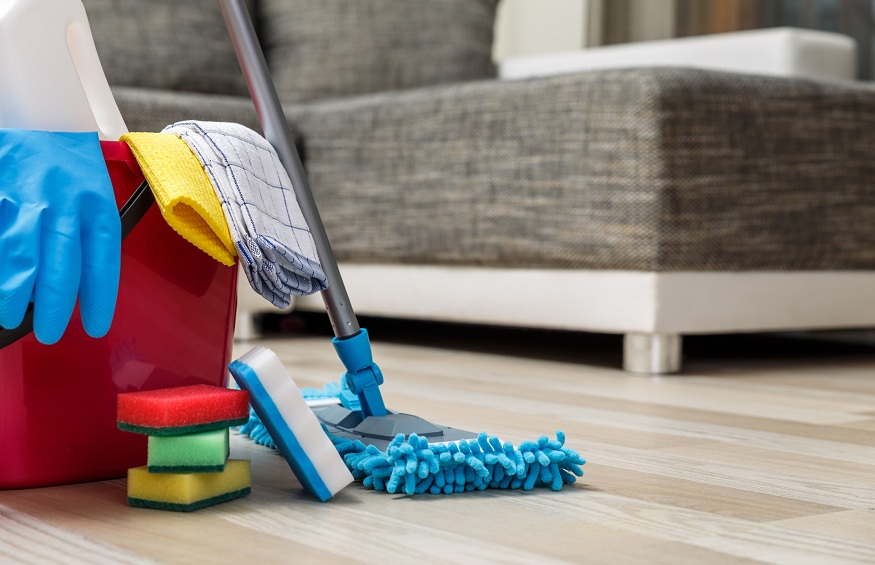Hiring housekeeping services introduces strangers into your home on a regular basis, so choosing a reliable provider is paramount. However, evaluating housekeeping reliability isn’t always straightforward when problems arise down the line. This article outlines tips for spotting dependable housekeeping problems and solutions efficiently as needed.
VETTING PROCESSES
The first line of defense for reliable housekeeping is rigorous vetting during the hiring process. Reputable providers implement substantial screening to ensure only trustworthy, ethical individuals access clients’ homes and belongings. Background checks, interviews, multi-point identification verification, and criminal record investigations should be standard for all housekeeping candidates before allowing work commencement.
Look for services with clear explanations around candidate evaluation, both initially and at regular intervals after hiring. Staff consistency also signals better vetting diligence. Ask about worker turnover rates and tenure averages—reliable providers strive for longevity through culture and compensation. Beware of very low service rates that likely stem from cutting such process corners. Slightly above-average pricing typically proves wise investments for elevated housekeeping reliability.
INSURANCE COVERAGE
Insurance represents another key pillar supporting reliable housekeeping. Reputable providers carry substantial bonding and liability coverage right-sized to their service capabilities and geographic reach. Ensure coverage extends specifically to acts like theft committed by individual cleaners, so tangible protections exist even amid staff betrayals.
Ask for recent-year insurance certificates listing coverage types and policy limits to confirm adequate protections are actively maintained. Coverage letters should be issued by major national or global carriers viewed as financially stable entities themselves. Budget providers sometimes reveal insurance gaps only after incidents occur, so locking down these details ahead of service agreements offers peace of mind if the need for claims arises unexpectedly.
SCREENING AND OVERSIGHT
Responsible housekeeping companies implement multiple layers of job screening combined with consistent performance oversight to enable reliable service delivery day-to-day. Telecommunications and mobile technologies greatly assist modern providers in powering more advanced monitoring programs to safeguard quality.
GPS tracking of cleaners while on-site confirms visit full completion as scheduled without suspicious detours. Client satisfaction surveys following each cleaning enable rapid identification of emerging issues before boiling over into bigger housekeeping problems. Even periodic spot checks for named-tuple cleaners ensure staff sustain diligence despite their independence on-location. Like insurance, such oversight does benefit pricing moderately but generates immense reliability returns, especially for recurring cleaning.
OPE COMMUNICATION
Open communication represents both a hallmark of reliable service and a highly effective method for resolving the occasional housekeeping problem. Transparent dialogue around needs, preferences, and feedback builds partnerships that proactively circumvent many reliability issues originating from misaligned expectations. Savvy providers encourage dialogue through first-clean walkthroughs, extensive customer portals, and multiple contact pathways accessible 24/7.
When housekeeping problems do arise despite best efforts, timely engagement still curbs negative outcomes through rapid response and mutually agreed action plans. Responsible operations own errors with accountability and reasonable compensation offerings to acknowledge legitimacy around client frustrations. Even small gestures here provide reassurance that your experiences and concerns matter—the foundation enabling cooperative resolutions and sustained positive housekeeping experiences long-term.
CONTINGENCY PLANNING
Finally, contingency planning demonstrates reliability via the capacity to absorb housekeeping problems or emergency incidents without broader service disruption. Single-cleaner companies, for instance, face innate availability challenges during illnesses or transportation issues. Larger chains, however, can simply reassign site visits internally with minimal Hendricks notice from established cleaner substitute pools.
Ask providers about such backfilling protocols so you understand their true reliability outside of perfect scenarios. Savvy operators train all cleaners on standard methodologies, allowing seamless emergency substitutions when necessary. Check if guaranteed minimum service levels apply as well, since promises of reasonable failovers provide confidence that daily business needs won’t crumble from random housekeeping hiccups. Responsible providers understand their role as business infrastructure for many clients and prepare accordingly.
RESOLUTION TIPS
When housekeeping reliability problems do occur, a quick and careful response remains integral to restoring confidence and productive partnerships in the long term. Consider the below tips when addressing reliability incidents head-on:
- Document Issues: Capture spotty performance diligently via dated write-ups, photos or videos conveying problems observed, and archival discussions. Records become invaluable if severe or repeated issues later necessitate contract termination processes.
- Assess trade-offs: balance temporary defects against longer positive histories if considering severing existing housekeeping agreements after problems arise. Well-functioning relationships deserve reasonable chances to remedy blunders.
- Discuss Directly: Voice concerns promptly and directly to site leads when possible. Surfacing problems openly keeps small frustrations from escalating into unrecoverable rifts from bottled-up resentments.
- Involve Management: Following candid staff discussions, loop in regional managers if frontline resolutions falter since executives have more authority to drive accountability or offer restitution for substantial or repeated failures.
- Request Evaluations: Seek third-party quality assessments from provider management if dealing with he-said/she-said disagreements around cleanliness complaints or service delivery parameters. Independent perspective assists in truth-finding.
- Review Insurance: Confirm insurance certificates, coverages, and carrier reputations in tandem with problems to affirm viable recourse options exist if other remediation efforts lead nowhere.
- Weigh Providers: If efforts flounder despite earnest attempts over months, reputable providers may recommend releasing contracts given the inability to realign expectations. Be open to assessing alternative housekeeping companies better suited to earning back trust in the long term.
EVALUATE REFERENCES
When initially vetting housekeeping companies, one of the most insightful reliability indicators comes from current and prior client references. Responsible providers should readily furnish multiple references spanning both active and inactive customers. Speaking directly with other clients offers transparent, unfiltered feedback on not just quality but also service responsiveness, communication dynamics, and integrity displayed during any problem incidents.
Past client voices add crucial context towards aligning your standards and expectations with realistic provider capabilities. Insights around previous housekeeping problems also foreshadow the provider’s probable crisis management approach based on real examples. Pursuing such references proactively better calibrates your evaluations beyond marketing messages so ultimate selections align with revealed service reliability needs.
Staying vigilant around service vetting, communication, oversight, and contingency preparation helps curtail most housekeeping reliability problems before they fully form. When issues do sadly emerge, measured engagement grounded in documentation, mutual interests, and accountability redistributes the partnership onto a more solid footing—or determines that parting ways responsibly represents the wisest path forward. Prioritize open dialogue from the earliest interactions, so relationships evolve constructively on both sides.




